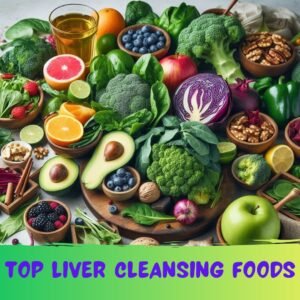Maintaining a gut health microbiome is crucial for our overall well-being, influencing everything from our digestion and immune system to our mood and energy levels.
A diet rich in whole, nutrient-dense foods can help promote a balanced gut microbiome, while a diet high in processed and sugary foods can have the opposite effect.
15 Foods to Add to Grocery List for Gut Health: A Quick Overview
- Yogurt: Boosts probiotics for a healthy gut.
- Kimchi: Spicy fermented Korean cabbage for gut balance.
- Kefir: A probiotic-rich dairy alternative for gut health.
- Sauerkraut: Fermented cabbage for a healthy gut microbiome.
- Kombucha: A fizzy fermented tea drink for gut wellness.
- Asparagus: A prebiotic-rich veggie for gut health.
- Bananas: A prebiotic-rich fruit for gut health.
- Onions: A prebiotic-rich veggie for gut health.
- Garlic: A prebiotic-rich flavor boost for gut health.
- Ginger: A soothing root for gut health and digestion.
- Fermented Soybeans: A probiotic-rich legume for gut health.
- Apple Cider Vinegar: A natural gut health tonic.
- Olive Oil: A healthy fat for gut health and inflammation.
- Fermented Pickles: A sour and salty snack for gut health.
- Turmeric: A golden spice for gut health and inflammation.
1. Yogurt: Boosting Probiotics for a Healthy Gut
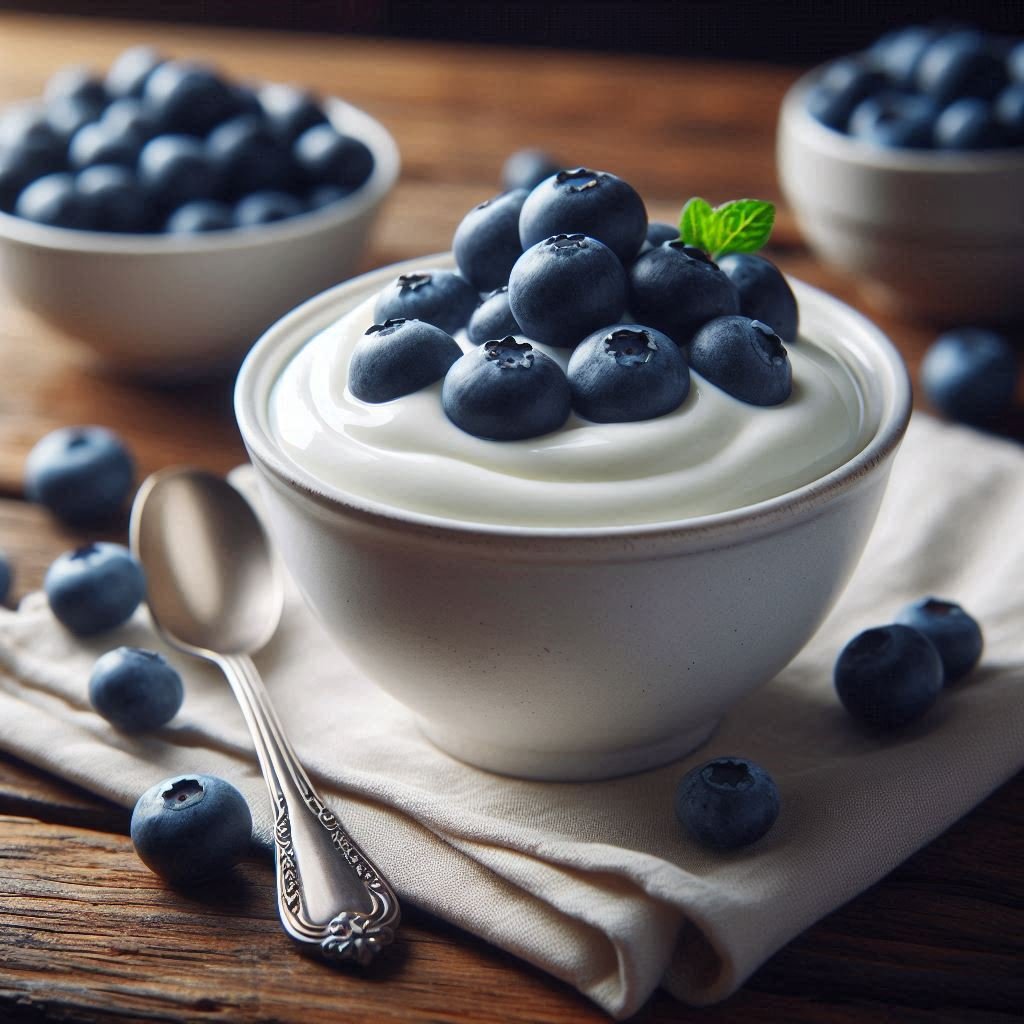
Yogurt is a delicious and nutritious food that has been a staple in many cultures for centuries. But did you know that it’s also a powerful tool for promoting a healthy gut? Yogurt contains live and active cultures, which are essentially probiotics that can help populate your gut with beneficial bacteria.
These probiotics can aid in digestion, boost your immune system, and even help alleviate symptoms of irritable bowel syndrome (IBS). Look for yogurt that contains “live and active cultures” to reap the benefits of this gut-friendly food.
2. Kimchi: Spicy Fermented Korean Cabbage for Gut Balance

Kimchi is a traditional Korean side dish made from fermented vegetables, usually cabbage and radishes, seasoned with chili peppers, garlic, and other spices. This spicy, sour, and umami-rich condiment is not only a flavor bomb, but it’s also packed with probiotics and prebiotics that can help balance your gut microbiome.
The fermentation process involved in making kimchi creates a rich source of beneficial bacteria, which can aid in digestion, boost your immune system, and even help reduce inflammation.
3. Kefir: A Probiotic-Rich Dairy Alternative for Gut Health

Kefir is a fermented milk drink that originated in the Caucasus region. It’s similar to yogurt, but with a thinner consistency and a more diverse range of probiotics.
Kefir contains a wide range of beneficial bacteria, including Lactobacillus acidophilus, Bifidobacterium bifidum, and Streptococcus thermophilus, which can help populate your gut with healthy microbes. This probiotic-rich drink can aid in digestion, boost your immune system, and even help alleviate symptoms of lactose intolerance.
4. Sauerkraut: Fermented Cabbage for a Healthy Gut Microbiome
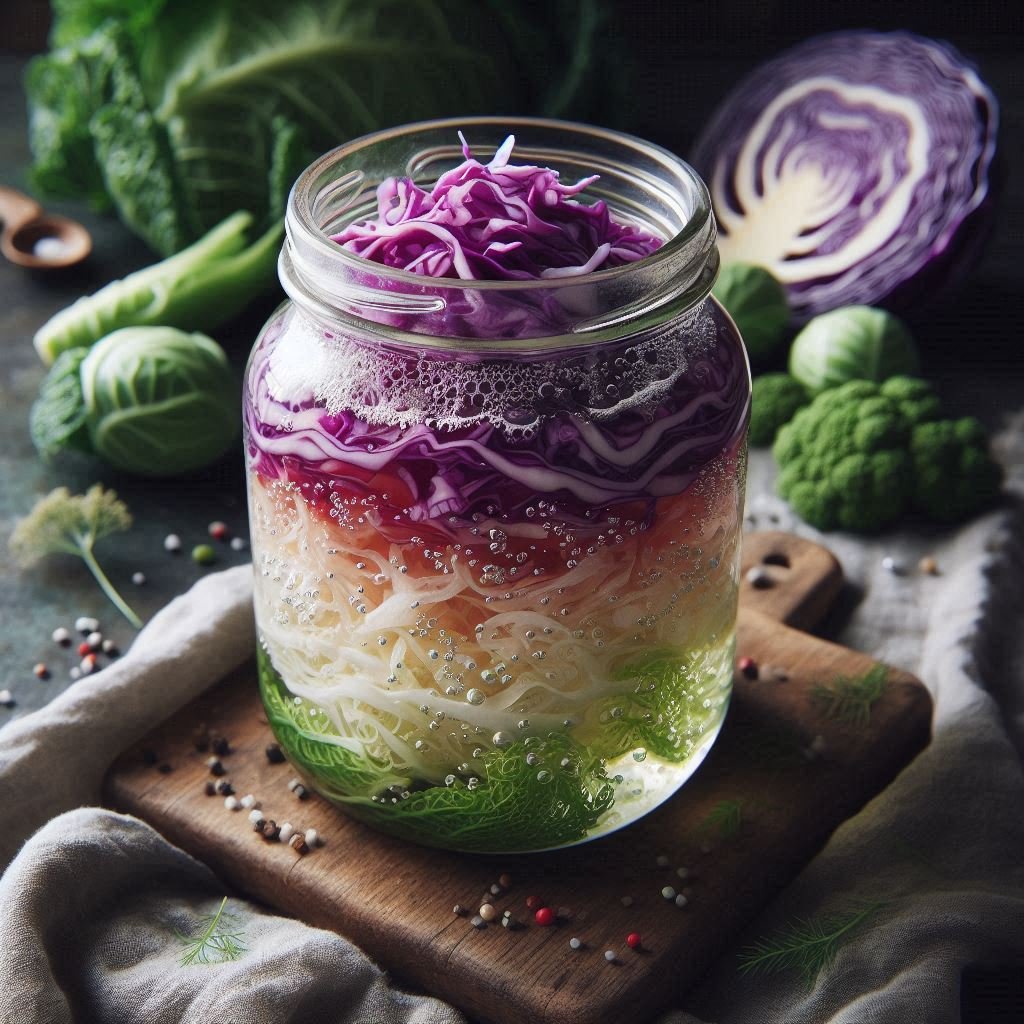
Sauerkraut is a fermented cabbage dish that’s been a staple in European cuisine for centuries. The fermentation process involved in making sauerkraut creates a rich source of beneficial bacteria, which can help populate your gut with healthy microbes.
Sauerkraut is also rich in prebiotic fiber, which can help feed the good bacteria in your gut, promoting a healthy gut microbiome. This tangy, crunchy condiment is not only delicious, but it’s also a powerful tool for promoting gut health.
5. Kombucha: A Fizzy Fermented Tea Drink for Gut Wellness

Kombucha is a fermented tea drink that’s been gaining popularity in recent years. This fizzy, tangy drink contains a range of beneficial bacteria, including SCOBY (Symbiotic Culture of Bacteria and Yeast), which can help populate your gut with healthy microbes.
Kombucha also contains prebiotic fiber, which can help feed the good bacteria in your gut, promoting a healthy gut microbiome. This fermented tea drink can aid in digestion, boost your immune system, and even help reduce inflammation.
6. Asparagus: A Prebiotic-Rich Veggie for Gut Health
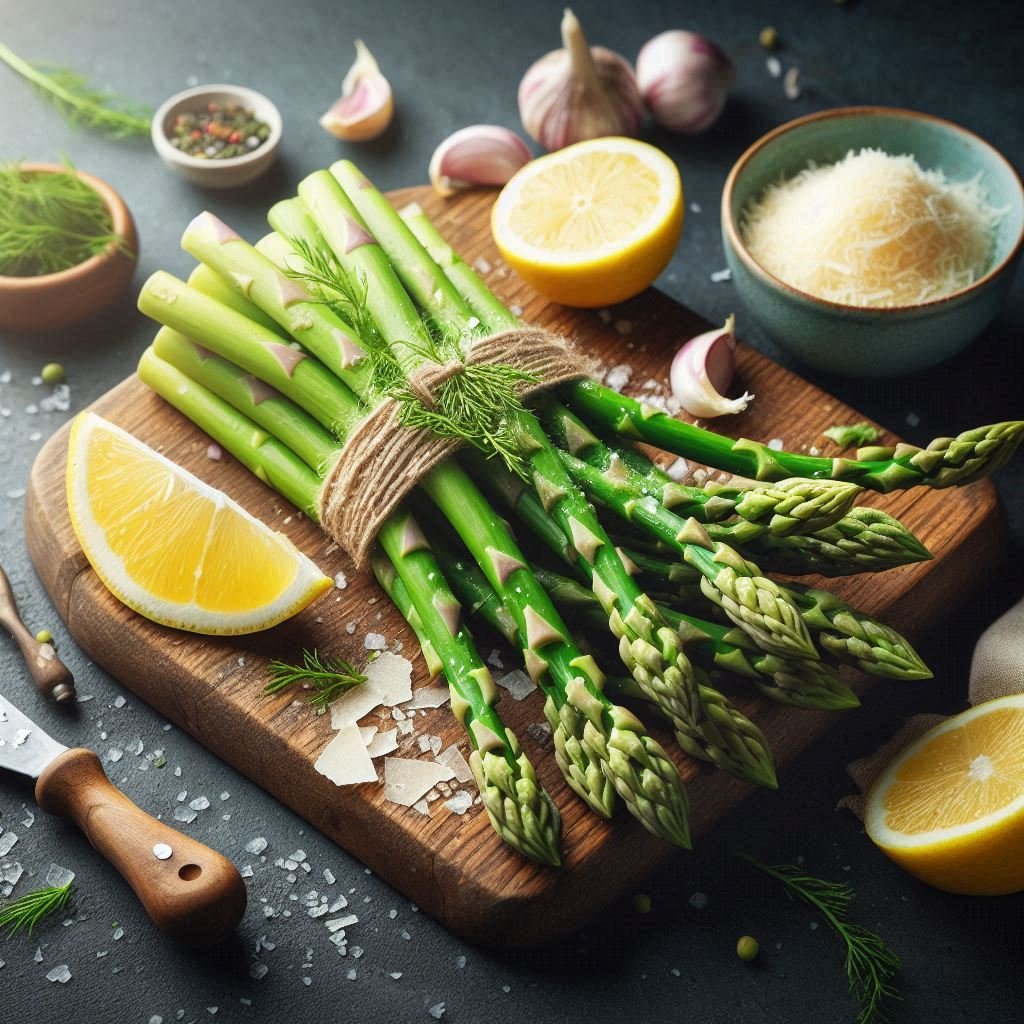
Asparagus is a delicious and nutritious vegetable that’s rich in prebiotic fiber. This fiber can help feed the good bacteria in your gut, promoting a healthy gut microbiome.
Asparagus is also low in calories and rich in antioxidants, making it a great addition to a healthy diet. Try roasting or grilling asparagus to bring out its natural sweetness and pair it with a probiotic-rich food like yogurt or kefir for a gut-friendly meal.
7. Bananas: A Prebiotic-Rich Fruit for Gut Health
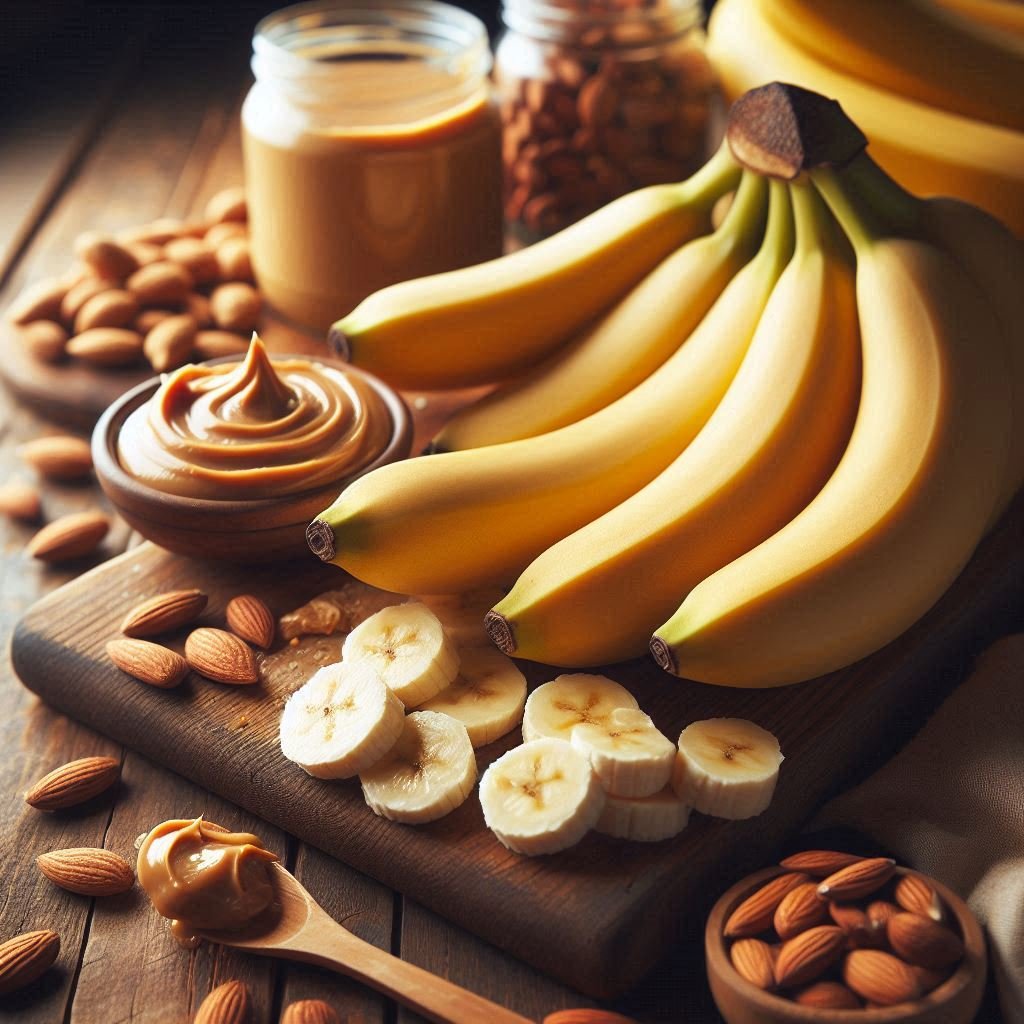
Bananas are a convenient and delicious fruit that’s rich in prebiotic fiber. This fiber can help feed the good bacteria in your gut, promoting a healthy gut microbiome.
Bananas are also a good source of potassium, vitamins, and minerals, making them a great addition to a healthy diet. Try pairing bananas with a probiotic-rich food like yogurt or kefir for a gut-friendly snack.
8. Onions: A Prebiotic-Rich Veggie for Gut Health
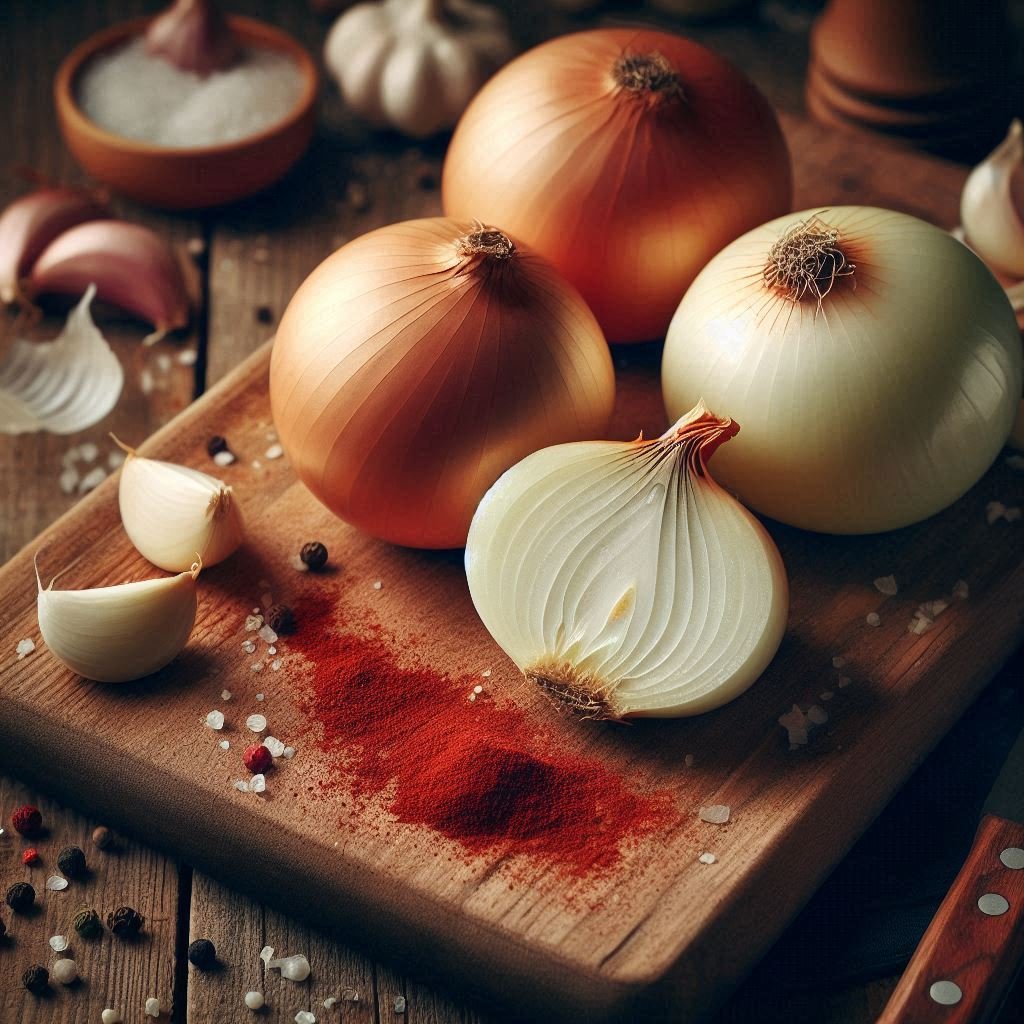
Onions are a flavorful and nutritious vegetable that’s rich in prebiotic fiber. This fiber can help feed the good bacteria in your gut, promoting a healthy gut microbiome.
Onions are also low in calories and rich in antioxidants, making them a great addition to a healthy diet. Try sautéing onions with garlic and ginger for a gut-friendly stir-fry.
9. Garlic: A Prebiotic-Rich Flavor Boost for Gut Health
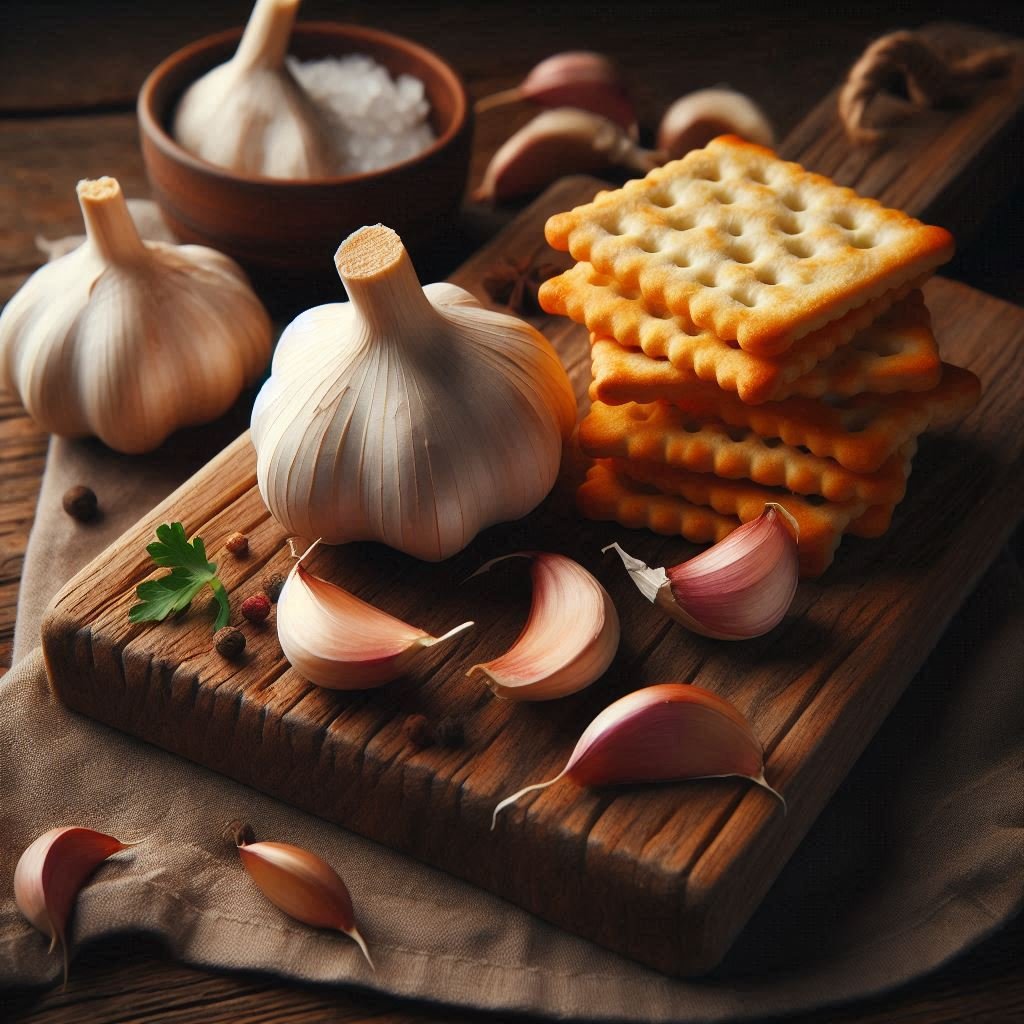
Garlic is a flavorful and nutritious ingredient that’s rich in prebiotic fiber. This fiber can help feed the good bacteria in your gut, promoting a healthy gut microbiome.
Garlic is also a natural antibacterial and antiviral agent, which can help boost your immune system. Try adding garlic to your meals for a flavor boost and a gut-friendly kick.
10. Ginger: A Soothing Root for Gut Health and Digestion
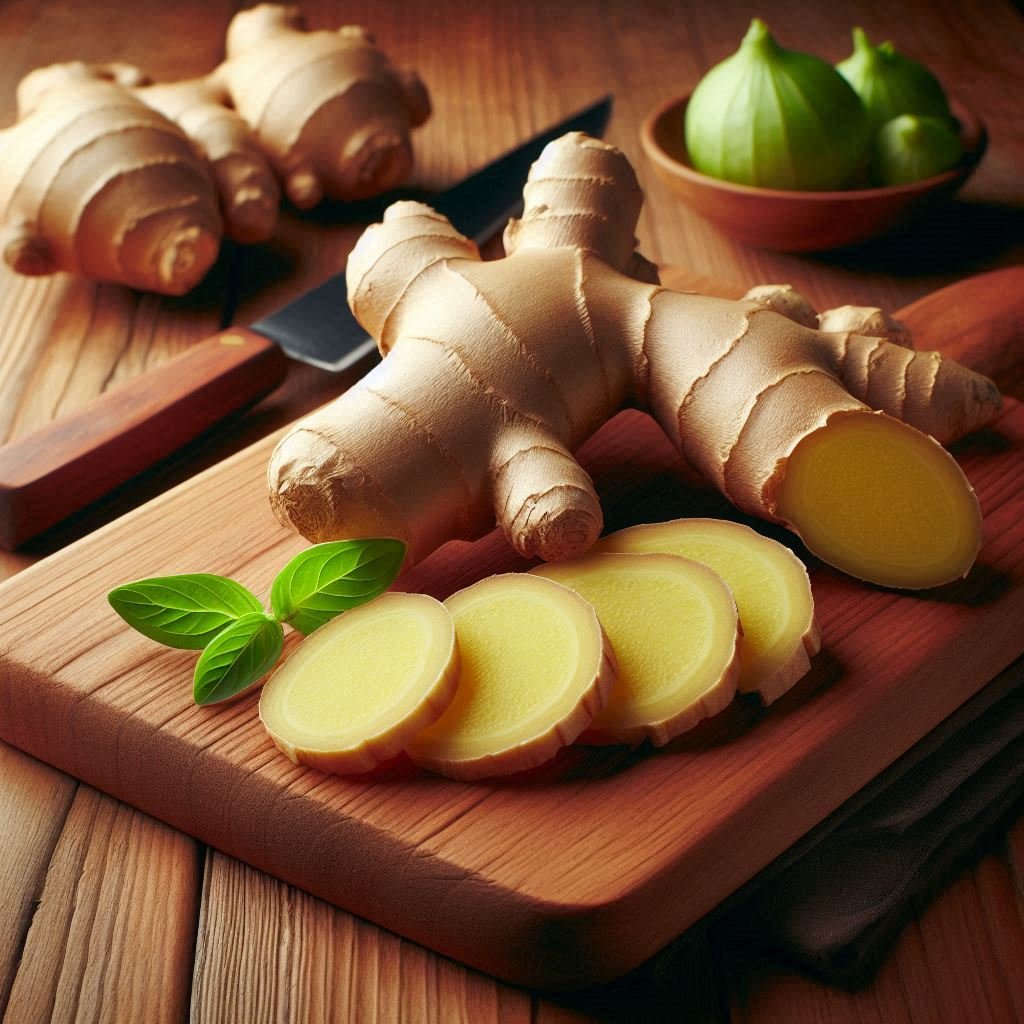
Ginger is a soothing and nutritious root that’s been used in traditional medicine for centuries. It’s a natural anti-inflammatory agent that can help reduce inflammation in the gut, promoting a healthy gut microbiome.
Ginger is also a natural digestive aid, which can help alleviate symptoms of indigestion and nausea. Try adding ginger to your meals or drinks for a soothing and gut-friendly boost.
11. Fermented Soybeans: A Probiotic-Rich Legume for Gut Health
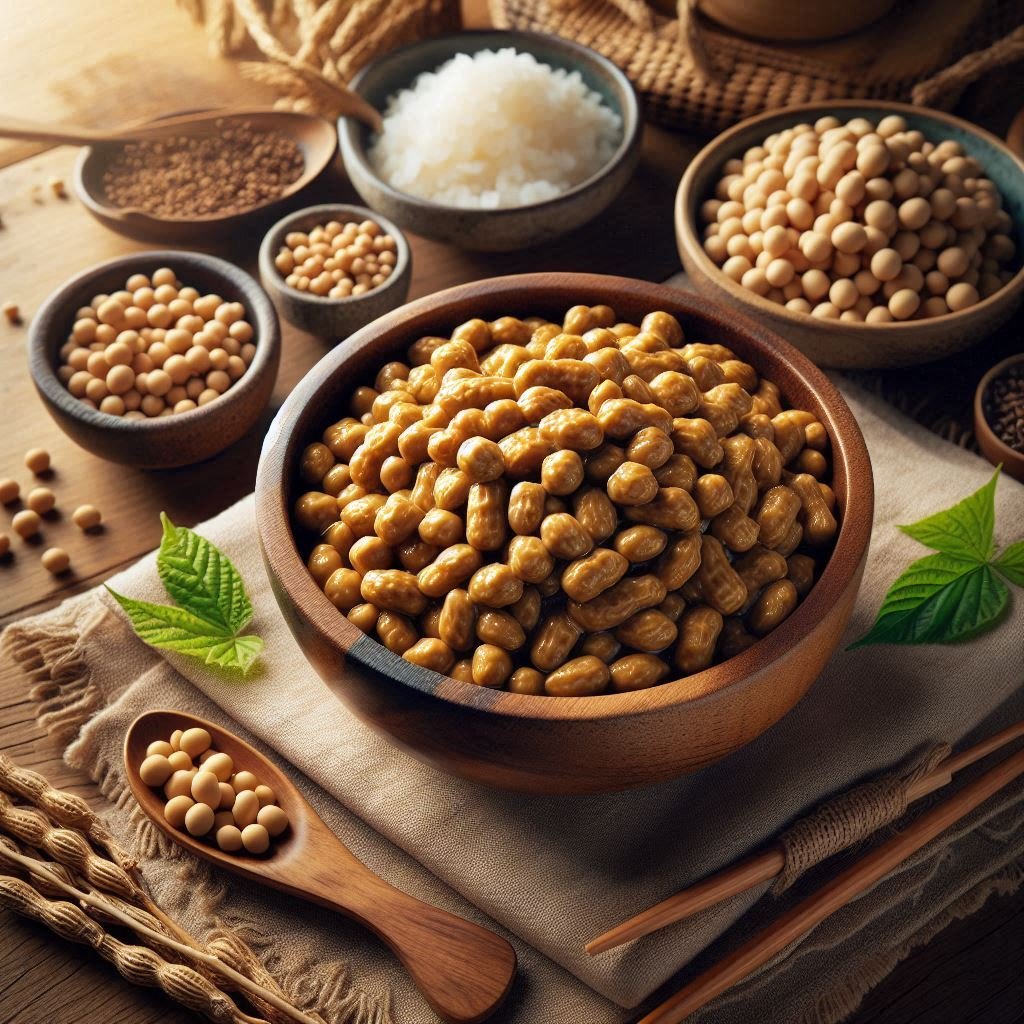
Fermented soybeans, also known as natto, are a probiotic-rich legume that’s been used in Japanese cuisine for centuries.
They contain a range of beneficial bacteria, including Bacillus subtilis, which can help populate your gut with healthy microbes. Fermented soybeans are also rich in protein, fiber, and vitamins, making them a nutritious addition to a healthy diet.
12. Apple Cider Vinegar: A Natural Gut Health Tonic
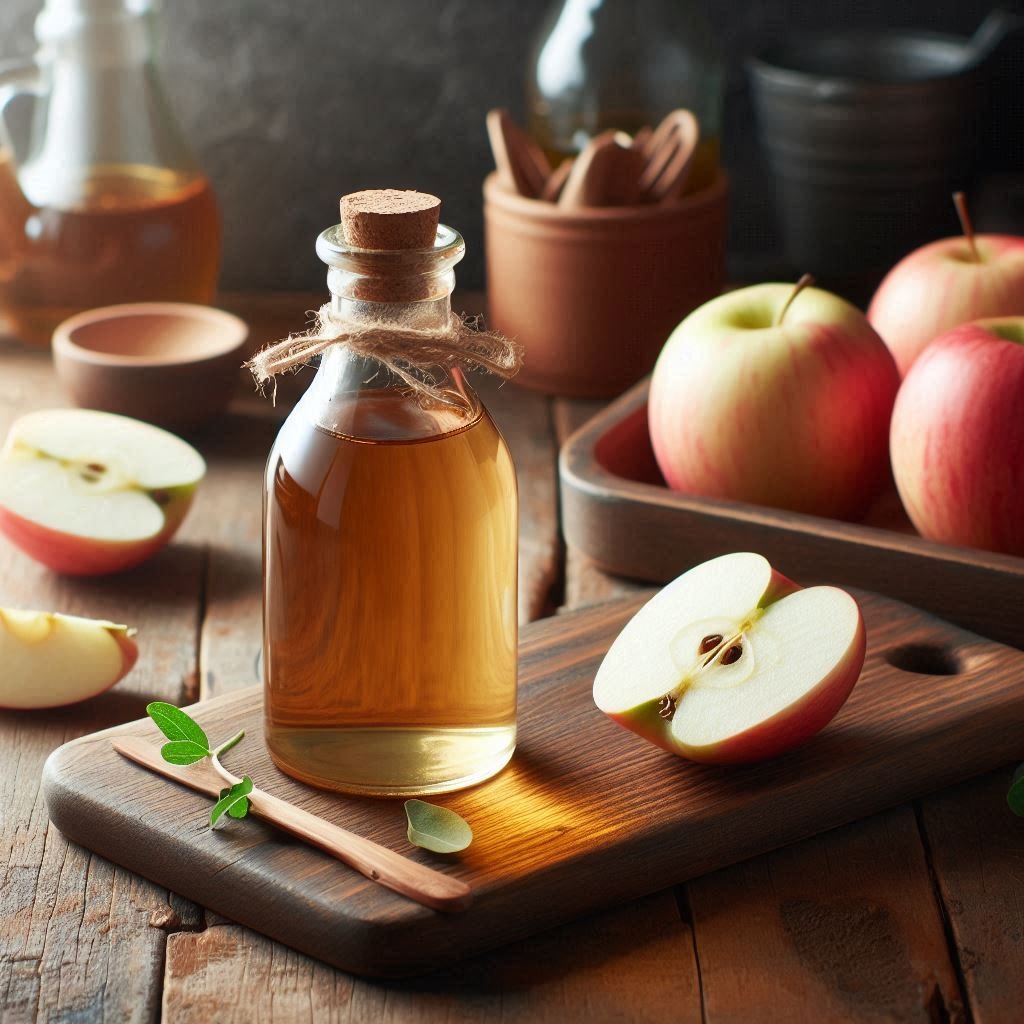
Apple cider vinegar is a natural tonic that’s been used for centuries to promote gut health. It contains acetic acid, which can help reduce inflammation in the gut and promote a healthy gut microbiome.
Apple cider vinegar is also a natural antibacterial and antiviral agent, which can help boost your immune system. Try adding apple cider vinegar to your meals or drinks for a gut-friendly boost.
13. Olive Oil: A Healthy Fat for Gut Health and Inflammation
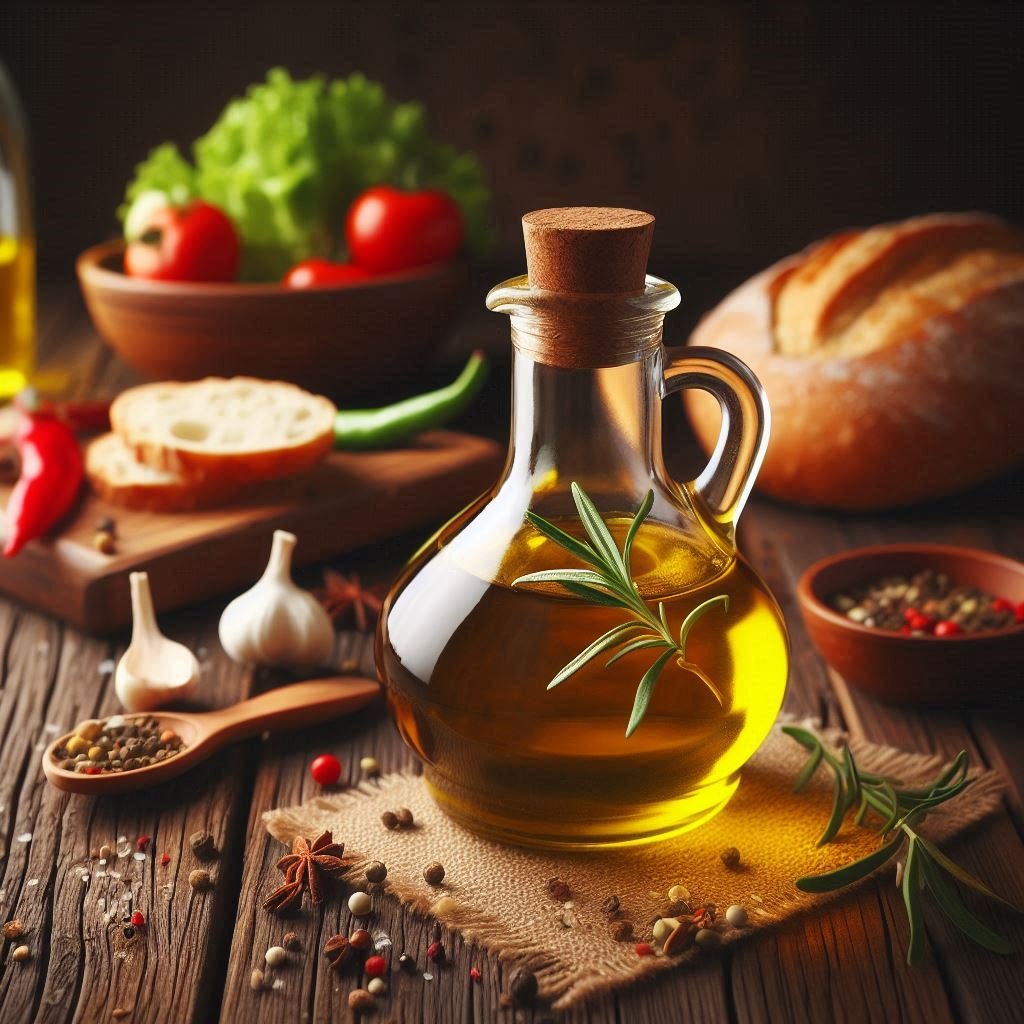
Olive oil is a healthy fat that’s rich in antioxidants and anti-inflammatory compounds. It can help reduce inflammation in the gut, promoting a healthy gut microbiome.
Olive oil is also a natural antibacterial and antiviral agent, which can help boost your immune system. Try using olive oil as a finishing oil for your meals or as a healthy alternative to other oils.
14. Fermented Pickles: A Sour and Salty Snack for Gut Health
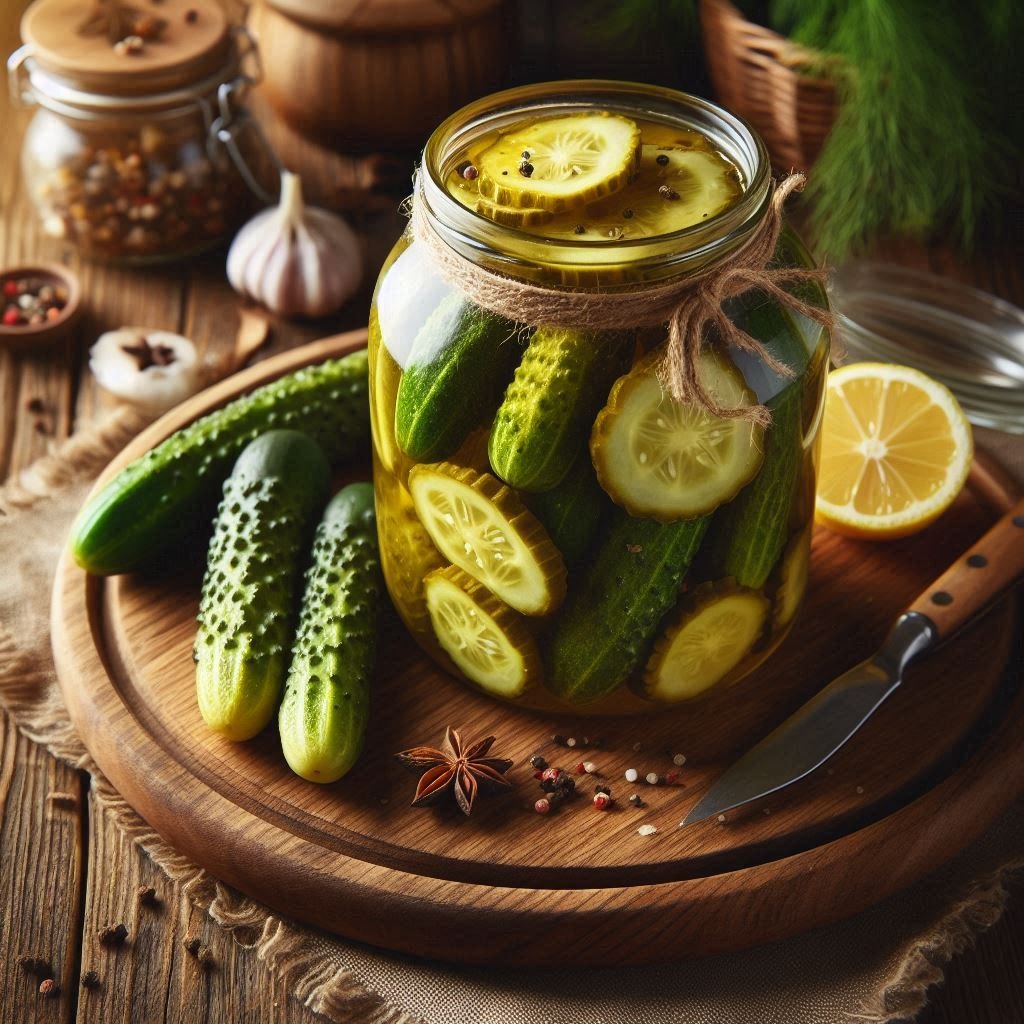
Fermented pickles are a sour and salty snack that’s rich in probiotics and prebiotics. The fermentation process involved in making pickles creates a rich source of beneficial bacteria, which can help populate your gut with healthy microbes. Fermented pickles are also low in calories and rich in antioxidants, making them a great addition to a healthy diet.
15. Turmeric: A Golden Spice for Gut Health and Inflammation
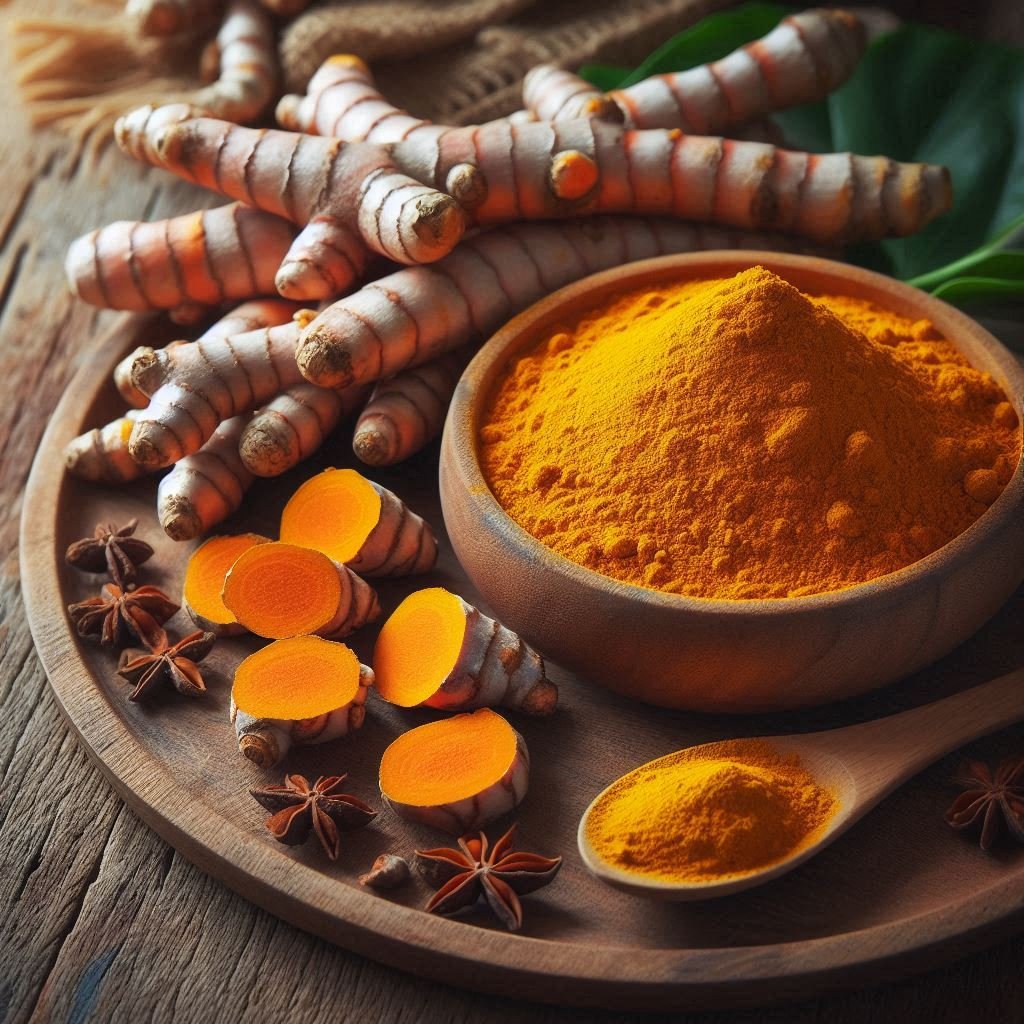
Turmeric is a golden spice that’s been used in traditional medicine for centuries. It contains curcumin, a natural anti-inflammatory compound that can help reduce inflammation in the gut, promoting a healthy gut microbiome.
Turmeric is also a natural antibacterial and antiviral agent, which can help boost your immune system. Try adding turmeric to your meals or drinks for a gut-friendly and anti-inflammatory boost.
Conclusion
In conclusion, maintaining a healthy gut microbiome is crucial for our overall well-being. By incorporating the 15 foods and drinks mentioned in this article into our diet, we can promote a balanced gut microbiome, boost our immune system, and even alleviate symptoms of various health conditions.
Remember, a healthy gut is the foundation of a healthy body, and by making informed food choices, we can take the first step towards a happier, healthier us.
FAQs
Q: What is the gut microbiome?
A: The gut microbiome refers to the trillions of microorganisms that live in our digestive system, playing a crucial role in our overall health and well-being.
Q: What are probiotics and prebiotics?
A: Probiotics are live microorganisms that can help populate our gut with beneficial bacteria, while prebiotics are non-digestible fibers that feed the good bacteria in our gut.
Q: Can I take supplements instead of eating these foods?
A: While supplements can be helpful, it’s always best to get nutrients and beneficial compounds from whole foods whenever possible. Foods provide a complex mix of nutrients and compounds that work together to provide benefits, which may not be replicated in supplements.
Q: How long does it take to see the benefits of a healthy gut microbiome?
A: Everyone’s body is different, but with consistent effort, you may start to notice improvements in digestion, energy, and overall health within a few weeks to a few months.
Q: Are there any specific combinations of foods that I should eat together?
A: While there are no specific combinations that are required, eating a variety of whole foods and incorporating fermented foods, prebiotic-rich foods, and healthy fats into your diet can help promote a healthy gut microbiome.
Q: Can I eat these foods if I have a specific health condition or allergy?
A: Always consult with a healthcare professional or registered dietitian before making significant changes to your diet, especially if you have a pre-existing health condition or allergy.



